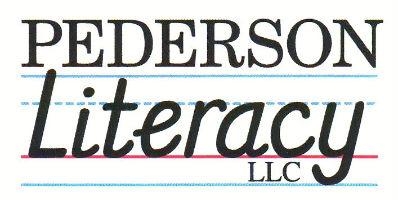Interventions Information
Interventions, individualized instructional plans, are provided for all students Pre-K through the university levels. Students typically meet twice weekly in 60-minute sessions. The length of the sessions can vary according to learning plan goals and age of the learner. Secondary and university students often prefer a double session once weekly with an optional virtual second session using Zoom or Teams. During the first two years of the Covid epidemic, all sessions were held virtually. At this time, all sessions are on-site with an occasional make-up session completed using Zoom.
A typical lesson for an elementary school student experiencing basic decoding and fluency delays would center on a multisensory, direct instruction approach. Instruction is presented in small segments with practice, feedback, and mastery of basic sound-symbol patterns, related word sets, and story reading. Stories use a controlled vocabulary and sound-symbol sets related to the session’s lessons. Lessons may include minilessons in spelling, phonemic awareness practice, sentence writing, and sight word (high frequency words) practice. Assignments are given which provide additional word-level decoding practice and word- and passage-fluency practice. This approach to strengthening basic skills enables students to increase their reading performance in their classrooms and/or in targeted instruction in their schools. Students who do not complete assignments on a regular basis may be dropped from their programs.
Students experiencing delays in reading comprehension typically have a learning plan that focuses on vocabulary, identification of main ideas, details, organizational patterns found in grade-appropriate text. Some students experience challenges with working memory and retrieval which require specialized strategies.
Middle and secondary level students may experience delays in word-level, vocabulary, basic comprehension, fluency, memory, and other areas which complicate their reading efforts. Testing is done to explore their deficit areas. Additional testing is required to explore these issues beyond the initial basic screening. Interventions use direct instruction materials that target the deficits. Whenever possible, in addition to the structured learning plan, strategies are practiced which address specific reading challenges the student is facing in reading school texts.
Study skills instruction is available for students at all academic levels.
Materials used to address these problems are either used from my collection when available or parents are required to purchase them from Amazon or specific educational publishers.
